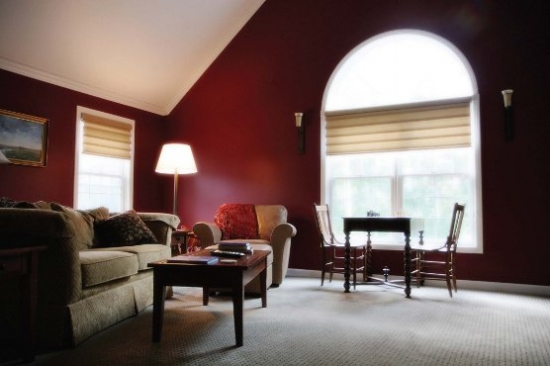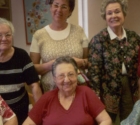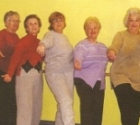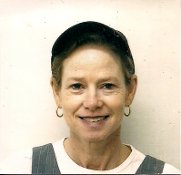
Many of us are blessed to be aging, or are caring for an aging or ill parent, child, spouse, relative or friend who has just been discharged from the hospital. Our loved one is in a state of weakness, dependence and requires assistance for daily needs. Perhaps he/she is physically limited and needs adaptive equipment.
How can we expect someone who has just experienced hospitalization or illness to know how to maneuver in his home if it has not been modified to accommodate his new needs? Simple changes can make a significant difference in one's environment. For example:
- Removing "throw rugs" can eliminate danger for a person using a walker.
- Handrails can transform a daunting bathing situation into a pleasurable experience.
- Moving around a few pieces of furniture can enable a person to navigate his way to safety.
- All unnecessary objects such as plants, rugs, phone cords and wires should be removed from passageways to allow safe maneuverability.
- Grab bars in the bathroom enable one to function safely and independently while tending to one's needs.
At nighttime, keeping a light on either in the bathroom or in the bedroom can help prevent dangerous mishaps. Taking a sleeping pill or other medication at night can be disorienting and dull one's senses. Side effects such as dizziness or drowsiness can increase the risks of falling. A handy assistive device by the bed such as a cane or a walker can increase safety when going to the bathroom.
These are just a few examples of facilitating one's transition back to the home. Patience on the part of all family members involved is paramount to ensuring a safe and less stressful rehabilitation.
After practicing physiotherapy for many years in Israel following training and practice in some of the outstanding rehabilitation centers in the United States, Esti Martin has expanded her practice to provide guidance in the type of situation described above.
In response to requests from patients and their families, Martin decided to create a consultation service designed to "bridge the gap" between the patients' discharge from the hospital and their receiving the appropriate services from their health funds.
Lena Levitan and Debbie Nabozny, colleagues of Martin, joined her to form a home-health consultation service called "Home Physi-cal". They provide a two-step assessment and recommendation program in which the patient and his family or caregiver are visited in his home immediately upon discharge.
The initial visit begins with an interview to establish goals and needs of the patient and family. Next, a functional and environmental assessment is conducted at which time recommendations are made to accomplish these goals. Caregivers of the patient, whether it be family members or others, are given instruction according to each individual need. Within a week, a follow-up visit is made to check if the recommendations have been implemented, or if new problems have arisen. Further instruction is provided if needed.
Early intervention by a trained professional provides the patient with the boost he needs to begin immediate rehabilitation. Martin, Nabozny and Levitan find that "Home Physi-Cal" fills this crucial need for helping patients recuperate safely, confidently, and without delay.
For further information please contact “Home Physi-Cal” at homephysical@gmail.com or call Esti Martin 050 579 9756, Lena Levitan 054 575 1793, Debbie Nabozny 054 566
 LEV-RAN SCHOOL: A LOVE STORY (new)
LEV-RAN SCHOOL: A LOVE STORY (new) DEAR EDITOR 154
DEAR EDITOR 154 KNITTING CLUBS: TEL AVIV'S KNITTING & CROCHET SOCIAL CIRCLE
KNITTING CLUBS: TEL AVIV'S KNITTING & CROCHET SOCIAL CIRCLE Yad Sarah's new house in Raanana
Yad Sarah's new house in Raanana English speaking Feldenkreis
English speaking Feldenkreis Men don't Make Passes at Girls who Wear Glasses
Men don't Make Passes at Girls who Wear Glasses Esti Martin
Esti Martin